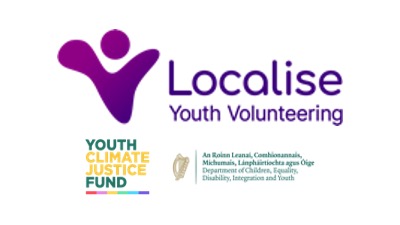
On Friday February 3rd in the Communications Workers Unions William Norton House, the inaugural graduation of students participating in the Climate Justice in North Dublin City pilot programme took place. The keynote address was given by Counsellor Janet Horner, Green Party representative for the North-Inner City. Since September 2022, Localise Youth Volunteering has been working in partnership with young people in five DEIS banded schools in North Dublin City to raise awareness of Climate Justice through local volunteering projects.
As part of the programme, participants have identified the challenges socially economic disadvantaged communities face that affect responsible climate action. Many of the participants come from a migrant background, bringing into sharp focus the wider impact of climate justice.
By participating in the programme, young people have come to realise that no matter their background or circumstance, there are practical ways to advance the climate justice agenda. More than 100 youth volunteers and their coordinating teachers will participate in a graduation ceremony that acknowledges the ongoing work that they are undertaking to bring about Climate Justice.
Projects Undertaken
Beneavin De La Salle College, Dublin 11: Transition Year Students are in the process of completing a memorial garden remembering a fellow classmate who passed away this year from cancer. The garden will not only act to serve the local biodiversity, but as a quiet space for reflection, aiding the young people in the grieving process. They have planted apple trees and intend to sell the apples at various events with proceeds going to various cancer organisations in his honour. Some of the other plants have properties associated with mental wellbeing such as hyacinth and peace lilies. Creating a positive mental wellbeing space highlights the need for the provision of reflective spaces like this in other schools.
Marino College Second Level, Dublin 3: Recognising how much plastic waste is produced in their school, the Transition Year Students in Marino College used their grant money to purchase a reusable water bottle for every student in the school and completed a campaign around the benefits of their use. They also collected litter from their local beach. In the coming weeks, the group will transform this rubbish into an art installation, which will be on permanent display in their school, highlighting the effect that littering has on the local and global environment.
Larkin Community College, Dublin 1: Transition Year students in Larkin Community College came to realise that the garden space in the local homeless facility was being reduced to make way for additional living quarters. As a consequence, the service users were bemoaning the loss of their safe, quiet, green space. Urban green spaces have long been recognised in the promotion of mental wellbeing to mitigate against this the students brought a little bit of green to the residents by presenting them with potted flowers and messages of solidarity. Owning and caring for a house plant not only improves air quality but can bring out many more emotional benefits – such as pride, social connection, satisfaction, fascination and mental resilience in times of stress.
Mount Carmel Secondary School, Dublin 1: Students have organised a fashion show in the school
highlighting the positive effect on the climate of purchasing pre-loved clothes and upcycling fashion. Over 225,000 tons of textile waste are disposed of in Ireland each year. Recycling these textiles would reduce direct greenhouse gas emissions by over 300,000 tonnes per annum (equivalent to reducing annual car use by almost 50,000 cars). In the show the students showcased Ritzy Rags the local charity shop run by Friends of the Elderly. To add to the occasion the fashion show featured students models, some brave teachers and models from the Friends of the Elderly, highlighting a broad social response to climate injustice.
St Paul’s CBS Secondary School, North Brunswick Street, Dublin 7: Lack of green spaces in urban areas can have a negative effect on the wellbeing of inhabitants. In order to address the practical needs of the homeless community in their local area the students gathered essential supplies (such as toothbrushes, shower gel, socks, gloves etc.). In redressing the mental wellbeing needs the students gifted potted plants and birdhouses to Morning Star Hostel in order to create a visual and audible connection to nature. It is well established that people seeking personal recovery benefit from the stewardship of green spaces, a consideration not typically a priority for people experiencing homelessness, but none-the-less could have profound consequences.
The Impact
Social positioning, identity, class, and geography can have a significant bearing on the type and degree of environmental burdens that certain communities bear (Lerner, 2010). Compounding this inequality is the exclusion from environmental decision-making of some social, ethnic, and demographic groups, especially the Traveller community and migrants, alongside the very poor, very young, and future generations (Bogojevic, 2020).
Localise programmes afford a space where diversity and integration at a local community level is fostered and nurtured through youth civic engagement. This programme specifically targeted socio-economically disadvantaged areas and clearly demonstrates that young people have the capabilities of positively impacting the Climate Justice agenda by taking action locally in the service of others. “Climate Justice is a social issue, part of the solution to injustice lies in young people taking action to further this agenda. Together, regardless of circumstances or backgrounds, we all have an opportunity to tackle large issues through pro-active citizenship. I would like to congratulate all the young people participating in this pilot programme and welcome the opportunity to expand its reach nationwide” said Derek Cleary Director Localise Youth Volunteering.
Localise Youth Volunteering is a national organisation that awakens the culture of volunteerism within young people. It was established in 1972. Localise is funded by Department of Children, Equality, Disability, Integration and Youth
Stories from across the Localise community.
Subscribe to get the latest on news, community events and volunteering insights from young people straight to your inbox.
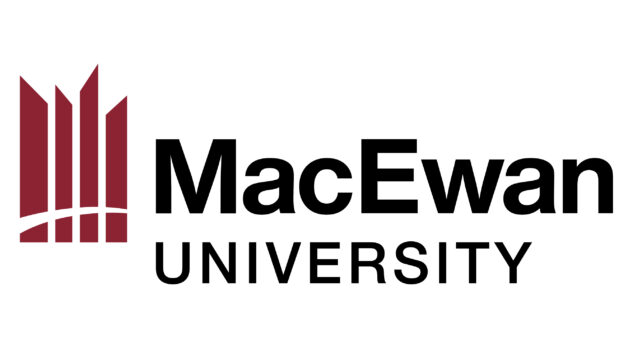
Give a Little Love with MacEwan University
12 March 2024
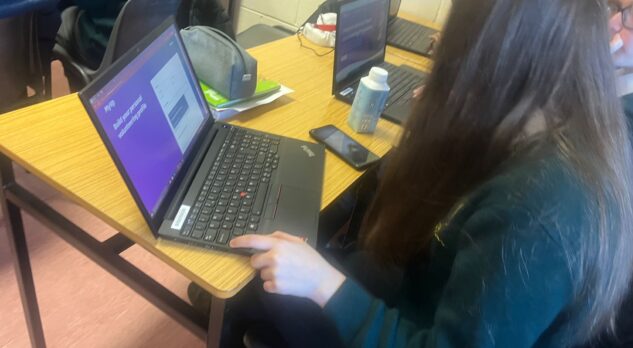
The National Youth Volunteering Portfolio – MyVP
04 March 2024
Community Group Recruitment 2024
24 April 2024
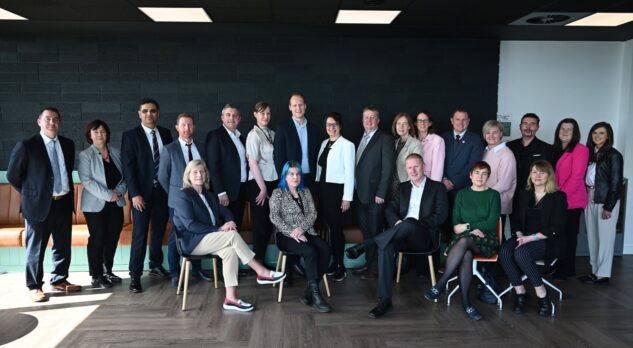
Public Service Innovation Fund 2024
17 April 2024
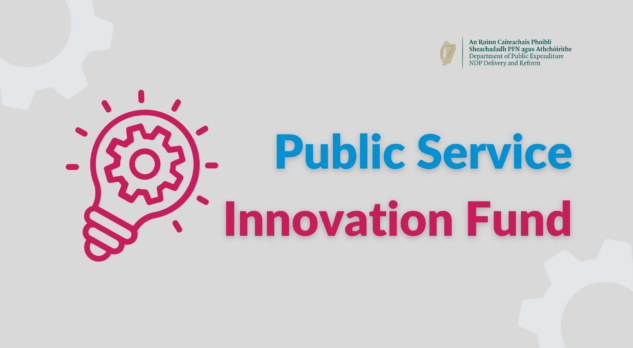
Public Service Innovation Fund 2024
20 March 2024